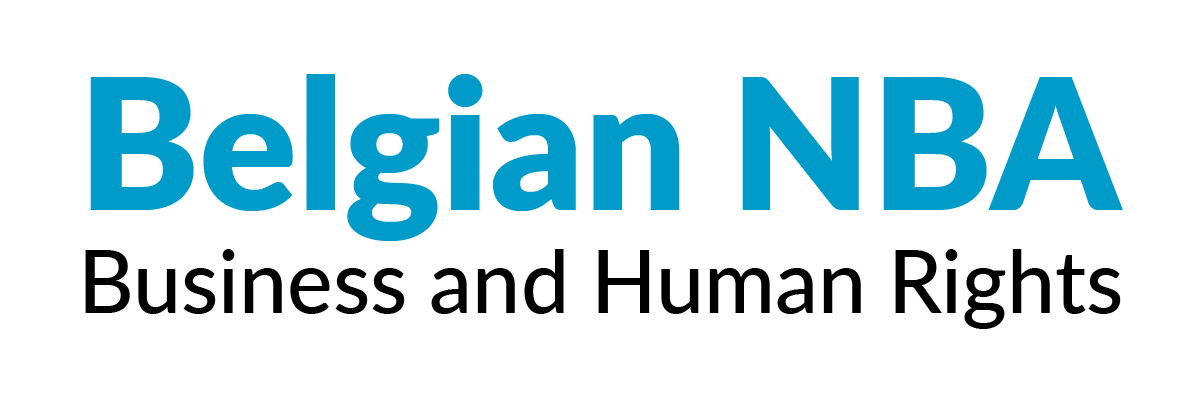At the start of the NBA process in February 2020, the COVID-19 crisis started unfolding around the globe. By the second half of March, Belgium began moving to lockdown with implications for this NBA at different levels:
Economic impact – First and foremost, large parts of the economy came to a virtual standstill and many businesses switched to a crisis or even survival mode. The impact of COVID-19 is very uneven, depending on the sector and the type of business.
Response: The NBA research team opted to pause communication with economic actors until the situation settles to some extent and companies start operating again (June 2020).
COVID-19 and human rights in supply chains – A growing number of media reports have provided illustrations of how the corona crisis contributed to the further deterioration of human rights violations of workers in producing countries (e.g., erratic orders for garment workers in Bangladesh). They have also highlighted new types of risks for specific groups of workers related to the potential exposure to COVID-19, increased domestic violence, and other violations.
Response: The team will pay attention to COVID-19 in the data-collection and reporting process on the different pillars of the NBA. Where possible, it will also look at how businesses have responded to COVID-19 within their supply chains.
Impact on the NBA process – Data-collection will proceed as planned, although with some delays because of new working arrangements. Stakeholder engagement has been paused until the end of May 2020, so they can organise themselves appropriately. All meetings will be done online until the situation normalises. Finally, stakeholders will have more time to participate and respond to draft reports.

